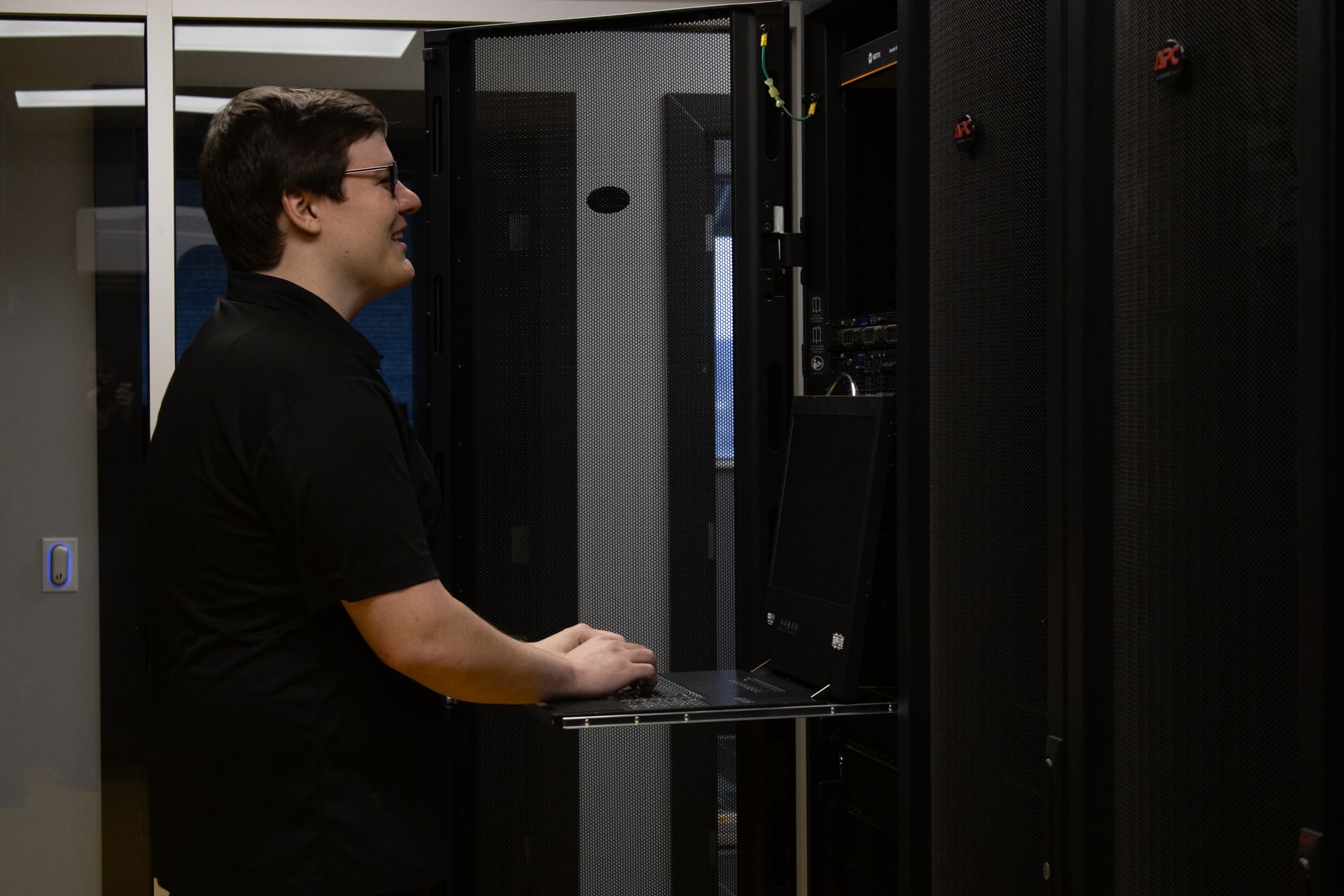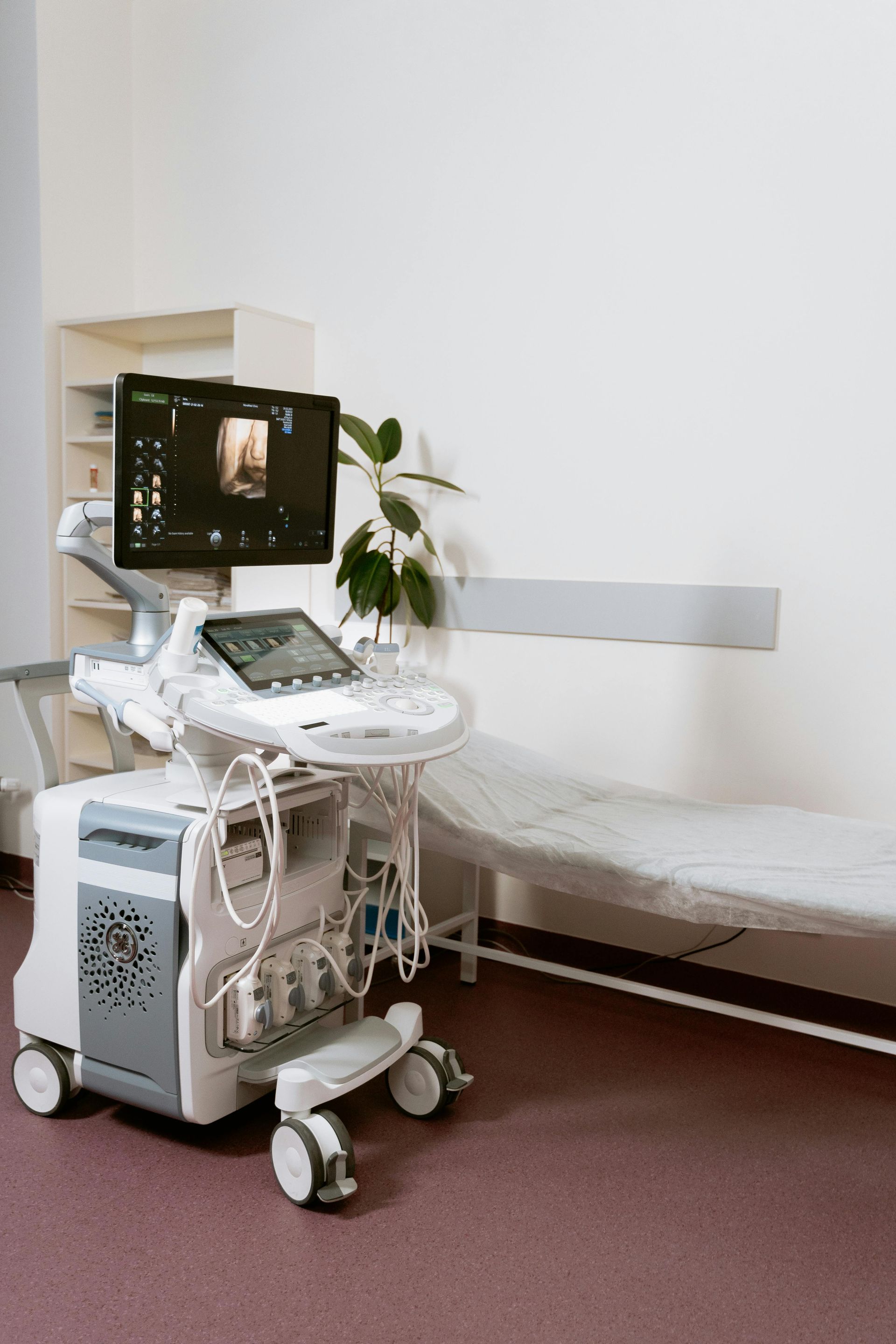Five questions to ask your potential MSP
by Jon Lober | NOC Technology
Whether you’re considering contracting your first IT support company or if you’re looking for a new partner, it is important to ask the right questions. You’re the interviewer in this scenario, so what questions should you ask to ensure the MSP is the right fit for your business?
Here are the top 5 questions we think you should ask when evaluating an IT support firm.
1. What Services Do You Offer, and How Do They Align with Our Business Needs?
Understanding the range of services an IT support company offers and how they align with your specific business needs is crucial. Providers should offer comprehensive services, including everything from basic troubleshooting and maintenance to advanced cloud migration, cybersecurity, and more. In 2024, it's also important to consider whether they provide support for emerging technologies such as AI and IoT (all your networked devices).
Follow up. What if you need a service that the MSP does not provide? Are they willing to learn, adapt, and grow with your business, or would you be required to contract additional support from a third party?
2. Can You Provide References or Case Studies?
So their support looks dazzling from the sales pitch. But how does it work in the real world? Requesting references or case studies from clients in a similar industry or of a similar size helps you gauge the provider’s true level of service and expertise. Many IT support companies gladly showcase their successes through detailed case studies and testimonials. Look for documented examples of how they have helped businesses like yours achieve their IT goals and overcome challenges.
Follow up. If they do not currently serve clients who look like you, why not? Ask if their support is really focused on a specific industry or industries, and if so, will they be willing to learn a new market vertical?
3. How Do You Handle and Prioritize Support Requests?
Understanding how an IT support company handles and prioritizes support requests is vital. As businesses operate in a fast-paced environment, quick resolution of IT issues is more important than ever. Even an hour of downtime could cost your company dearly. Ensure the provider has a clear, efficient process for managing support tickets and prioritizing urgent requests. Do they provide service level agreements (SLAs) to guarantee response and resolution times? Ensure the provider's SLAs align with your business needs and that they have a proven track record of meeting these commitments.
Follow up. Even better than well-prioritized support requests would be requests that never have to be made in the first place. Ask how proactive they are in monitoring your systems and in performing network maintenance to head off problems before they become an issue.
4. How Do You Ensure Data Security and Compliance with Relevant Regulations?
Data security and compliance remain top concerns for businesses in 2024. With increasing regulations and sophisticated cyberthreats, it's essential to understand how an IT support company ensures the security of your data and compliance with relevant laws. Look for providers that offer robust security measures, regular audits, and up-to-date compliance certifications (e.g., GDPR, CCPA, HIPAA).
Follow up. If your industry or region is required to maintain specific data compliance, ask the MSP if they have experience with your compliancies (NIST, ISO, etc.).
5. What percentage of their work is break/fix vs managed service?
Perhaps no other question will better demonstrate the capabilities of your potential IT partner. If the majority of their work is break/fix, they are likely less experienced as a managed service provider. Additionally, they may be less motivated or determined to keep your network operating at peak performance since their business model relies on clients returning with problems. On the other hand, a true MSP will remain committed to keeping your platforms humming— creating less work for themselves and less downtime for you.
Follow up. Can they back up their claim with data? Can they provide a case study or reference to back up their managed service claims?
BONUS QUESTION! What if there is a problem?
Of course the MSP is going to put their best foot forward in their conversation with you. Their business depends on it! But what happens if your expectations or your contracted services are not being met? Ask who you can talk to should support problems or billing disputes arise.
Follow up. Does the service provider track their success? Do they have statistics to back up their service claims?
Asking these questions will help you evaluate the capabilities and expertise of an IT support company and ensure you choose a provider that can meet your specific needs and help you achieve your IT goals.
Are you in the Greater STL market? Check out our list of the top IT firms in St. Louis.

Need more help asking the right questions?
Start with a quality list of questions from industry experts. We'll give you our top 10 questions that we think you need to use in any opening interview with a potential IT partner (plus a few bonus follow-up questions). Beyond just a script, we explain why these questions are important to you as you find your tech soul mate.







